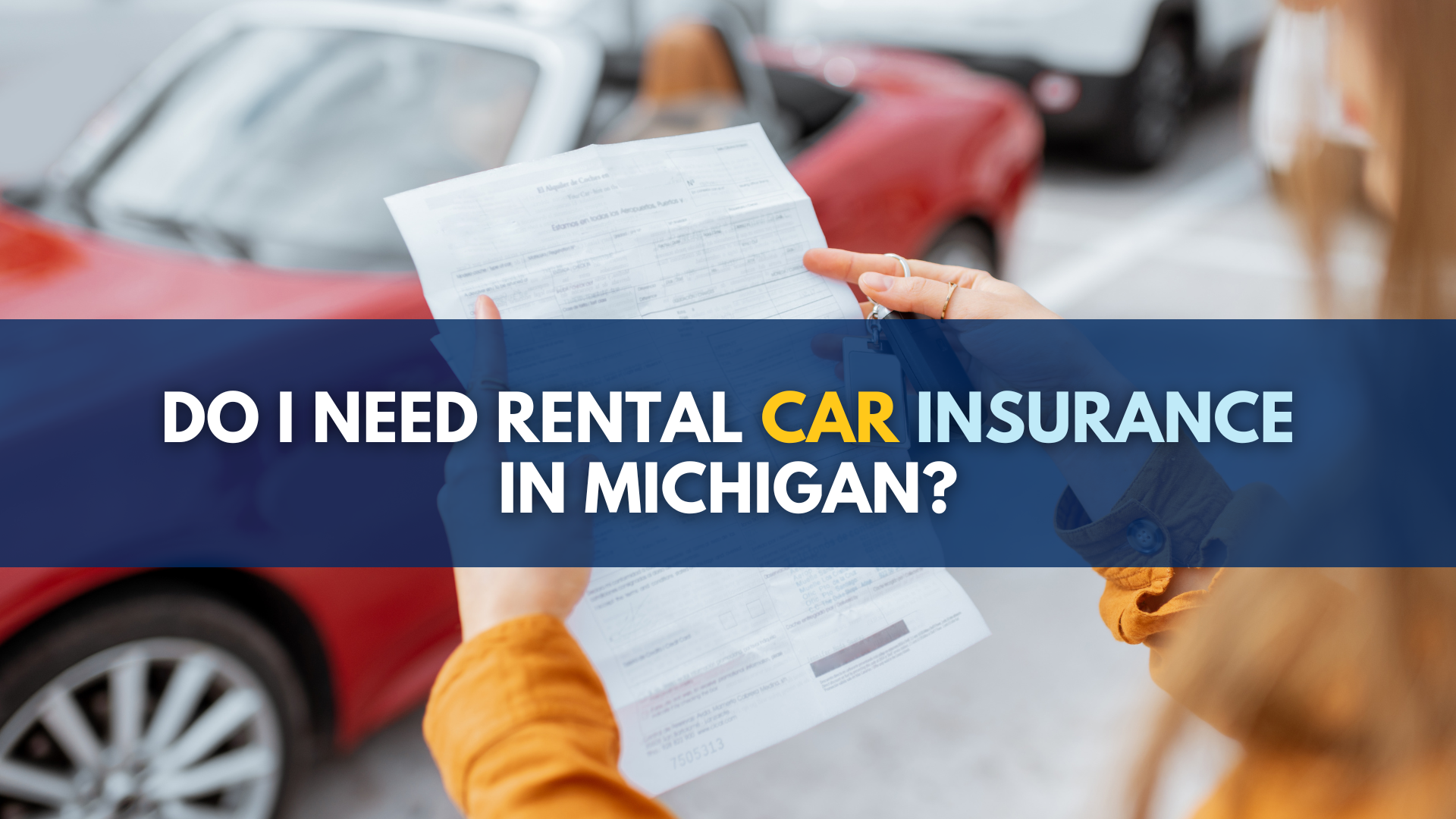Car insurance savings come at big cost, including $150 million shifted onto taxpayers, a “$25,000 bridge,” and admission that there will be no savings for $500,000 and unlimited No Fault cap options by Theis

There were a number of bombshells yesterday, but the biggest takeaway from the House Insurance Committee’s hearing on the Duggan-Leonard No Fault car insurance reform plan, House Bill 5013, must be this:
Guaranteed savings under the “Driver’s Choice Insurance Reform” plan are only possible by replacing No Fault with health insurance, Medicaid or Medicare.
Specifically, after hearing the testimony and comparing it to the language of the bill, I confirmed the following:
- Only drivers who choose the lowest cap will likely see savings.
- The $25,000 cap, which I’ve called completely inadequate, was actually designed by House Insurance Committee Chair Lana Theis (R-Brighton, who is the official sponsor of the bill), House Speaker Tom Leonard (R-DeWitt) and Detroit Mayor Mike Duggan to be inadequate because its purpose is not to help, but to “bridge”, i.e., push, car crash victims as fast as possible off of auto No Fault insurance and onto health insurance plans or Medicaid or Medicare.
This is so fundamentally wrong, it’s hard to know where to start.
What was learned at the House Insurance Committee’s hearing on No Fault car insurance reform?
Here are the highlights:
- Savings aren’t for all drivers: The hearing clarified that drivers who opt to continue with unlimited No Fault medical benefits coverage are not guaranteed any amount of rate savings, despite the compelling point made by Rep. Tim Greimel (D-Auburn Hills) that all drivers should be guaranteed some amount of savings given the extreme cost-saving potential that the backers of HB 5013 are attributing to the proposed medical-provider fee schedule and fraud authority.
- Savings really aren’t for all drivers: The hearing drove home that no specified amount of rate savings will be guaranteed even to drivers who choose HB 5013’s $500,000 No Fault cap. (HB 5013, pages 58-59)
- Savings are only for drivers who are underinsured with a $25,000 No Fault cap: Price savings are guaranteed only for those drivers who opt for HB 5013’s woefully inadequate $25,000 No Fault benefits cap (the one Mayor Duggan disingenuously and misleadingly describes as a $250,000 cap on “medical care”), which won’t even cover the average No Fault medical claim or more than a year’s worth of wage loss benefits (for earners with an annual income of $30,000 or less).
- Guaranteed savings doesn’t really mean savings are guaranteed: The hearing clarified what HB 5013 makes clear which is that there’s a loophole for auto insurers with regard to the price savings provision. By arguing the required rate reduction “is not justified,” car insurance companies may be able to set prices at what is “practicable” for them. If enough insurers try to exploit this loophole, which as an auto accident attorney I am willing to bet money they will, then this cancels out the savings that the Duggan-Leonard-Theis triumvirate are touting as the main selling point of HB 5013.
- Savings for insurers are more important than savings for drivers: Greimel highlighted a troubling, double standard in HB 5013. Specifically, he noted the bill guarantees only five (5) years of savings for drivers, yet the bill guarantees indefinite savings for car insurance companies via the medical-provider fee schedule, which has no sunset provision.
- Savings are on No Fault PIP only, not your total auto insurance bill. So the savings are on roughly only the 40% that makes up the PIP portion of your auto insurance.
- Savings probably won’t survive the Senate: All the talk at the House Insurance Committee hearing about “savings” for drivers might be just hot air, because, unless he’s changed his mind and hasn’t told anybody about it, Senate Majority Leader Arlan Meekhof (R-West Olive) has declared that mandatory rate rollbacks (such as those afforded to only select drivers under HB 5013) will be “dead on arrival” in the Michigan Senate.
- $25,000 cap isn’t a cap, it’s a “$25,000 bridge”: One of the most enlightening moments during the hearing was when House Insurance Committee Chair Lana Theis (R-Brighton), who is also the sponsor of HB 5013, was asked about the plan’s $25,000 cap on all No Fault benefits. She explained it wasn’t a cap and it wasn’t intended to be the “end all, be all.” Theis said it’s a “$25,000 bridge” that “covers immediately” just long enough to get a car crash victim “on to the next coverage,” whether that be personal health insurance or Medicaid or Medicare.
- Health insurance isn’t a great safety net for car crash victims: After I wrote in my blog post, “No-Fault vs. health insurance: What’s the better choice for crash victims?,” “car accident victims seeking post-crash medical coverage from a health insurer often will face the following steep challenges: Auto-accident exclusions that deny coverage for medical treatment for injuries caused by a car accident; Limitations on or non-coverage of medical products, services and accommodations readily covered by No-Fault.” In a House Legislative Analysis report on HB 5013 that came out the night before the hearing, the House Fiscal Agency noted (on page 16) that, unlike No Fault PIP, “commercial health insurance does not” cover “long-term nursing home services” and “home help (or attendant) services.”
- DIFS Director Patrick McPharlin told the Committee: It’s logical to assume that passage of HB 5013 will result in an increase in health insurance costs.
- Medicare isn’t a great safety net for car crash victims: Between their testimony at the hearing and information on their website, the Michigan Health & Hospital Association identified long-term care, attendant care services, replacement services, occupational therapy and executive functioning therapy for post-traumatic brain injuries as some of the many services that are now readily covered by auto No Fault insurance but that would not be covered by Medicare.
- New $150 million annual Medicaid tax burden: In a Legislative Analysis report that was posted to the Michigan Legislature website on October 2, 2017, the House Fiscal Agency concluded (on pages 15-16) that “Medicaid program costs would increase to the extent that the bill [House Bill 5013] would shift health care costs from private automobile insurers to Medicaid. Preliminary estimates indicate this bill would increase state costs by $10.0 million in the first year and would steadily grow to approximately $150.0 million in annual state costs within 10 years. The primary Medicaid cost driver from the bill would be the added cost as more individuals receive Medicaid-funded long-term care services instead of private automobile insurance-funded long-term care services.” When asked about the House Fiscal Agency’s report, Rep. Theis said she hadn’t had time to study it yet. She also noted it wasn’t a “direct cost shift.”
- Extended attendant care hours will be “provided if needed”: Addressing HB 5013’s arbitrary, punitive and exploitative cap on the number of hours (56) of in-home, family-provided attendant care that will be covered by No Fault, Rep. Theis casually explained that additional hours “beyond 56 hours would be provided if needed” and that car crash victims and attendant care providers “can negotiate with the insurer for more” compensable hours. What???! Insurers are the ones who pushed for this attendant care reform. What are the odds that once it becomes law they’re going to reverse course and start paying voluntarily for attendant care they’re not legally obligated to pay for.
- Related to the point above, my final takeaway is that Rep. Lana Theis, the head of the House Insurance Committee and a key sponsor of this bill, doesn’t really know very much about insurance at all.


